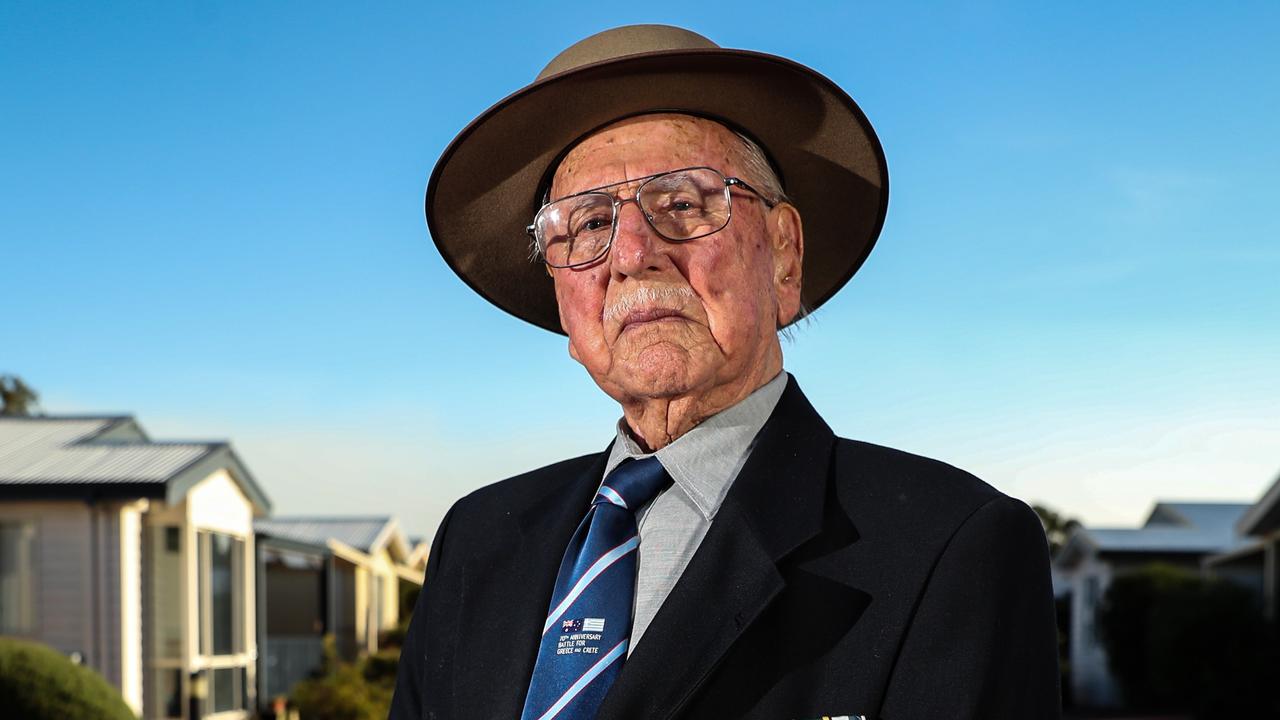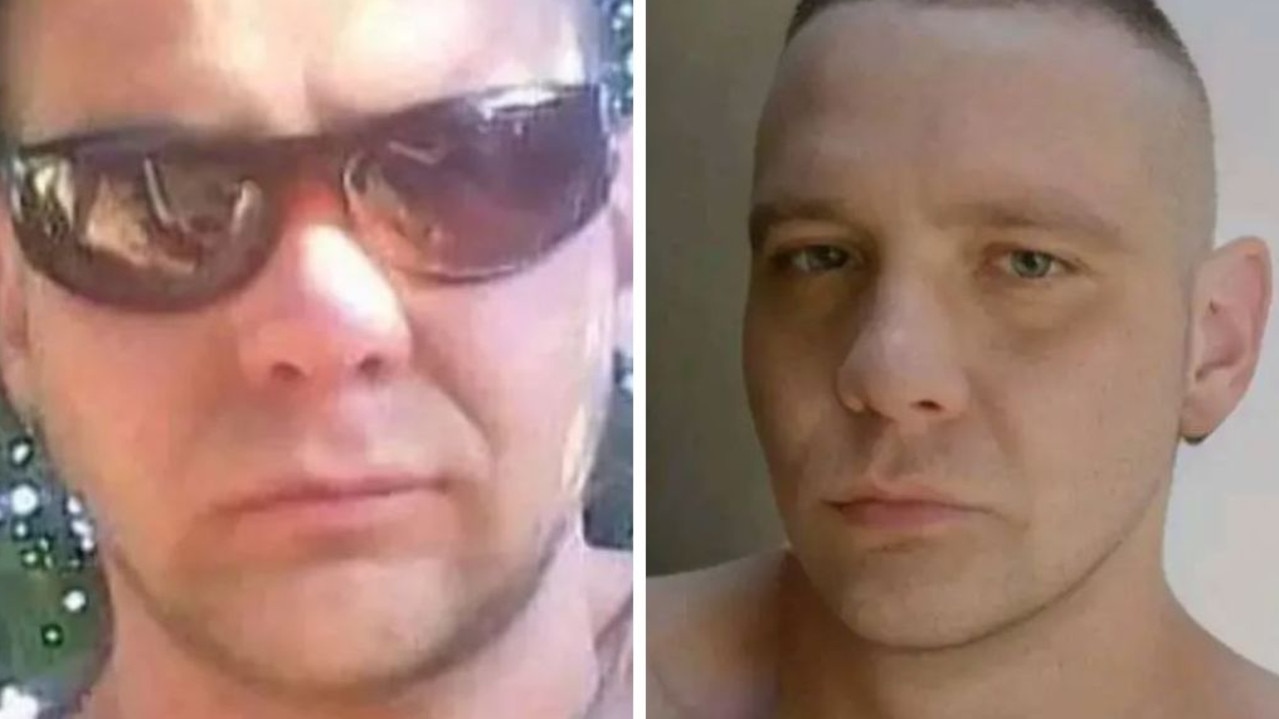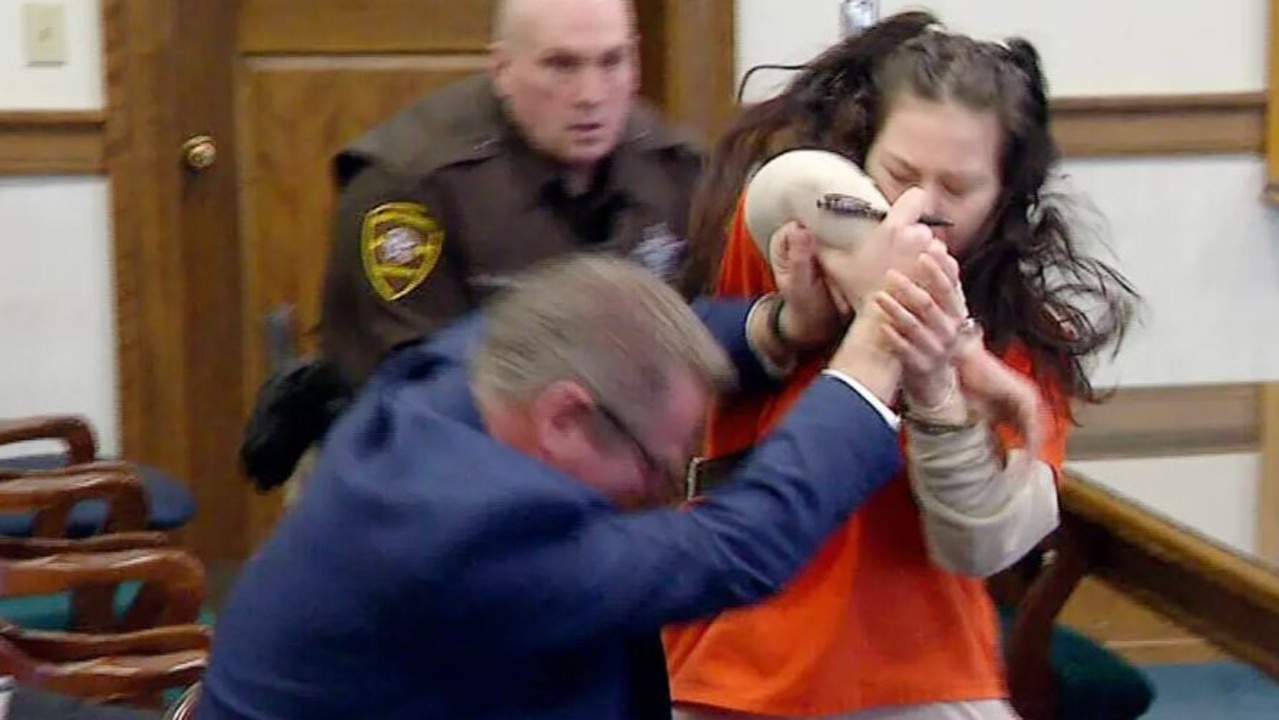Jarring reason murderer should get baby in jail
A prominent Criminal Justice spokesman argues this convicted killer in a Melbourne maximum-security prison should have the right to birth.
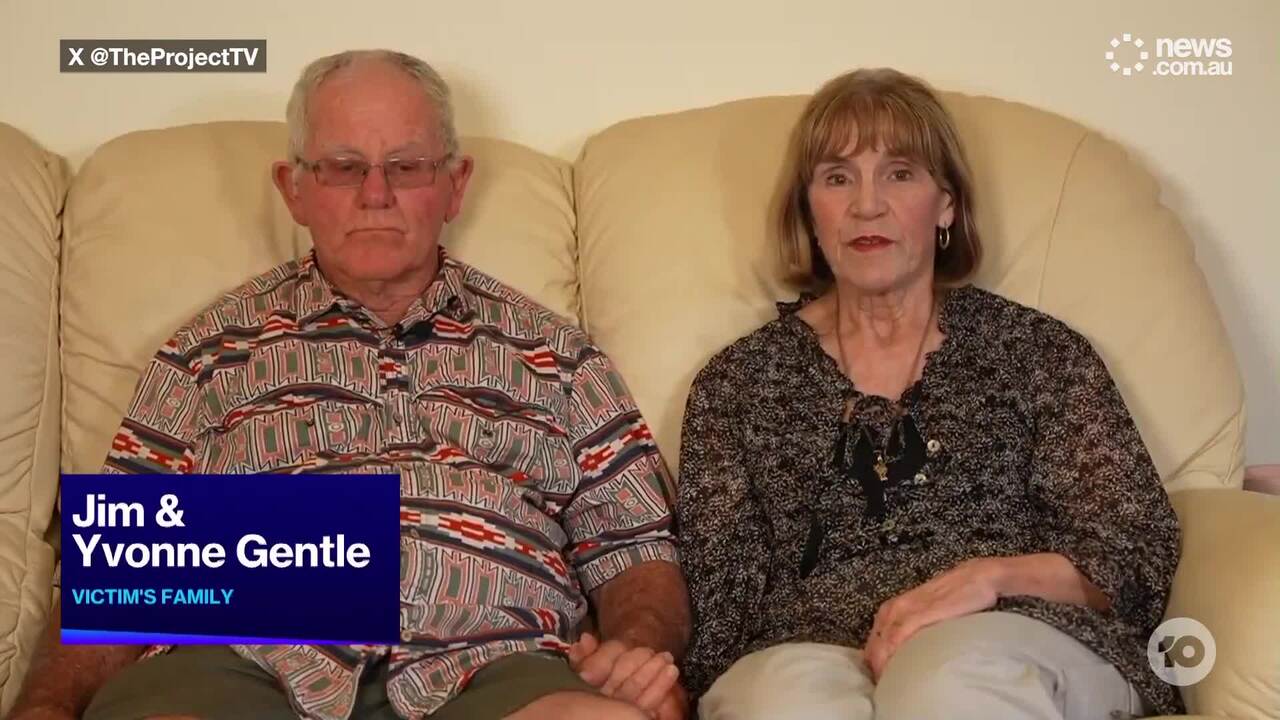
A controversial decision to grant a convicted murderer leave from a maximum-security prison in Melbourne to undergo IVF treatment has sparked widespread outrage and has been condemned by her victim’s family.
Alicia Schiller was sentenced in 2017 to 16 years behind bars for the murder of her housemate, Tyrelle Evertsen-Mostert, in 2014.
The then-25-year-old was found guilty after stabbing Ms Evertsen-Mostert three times while on an ice-fuelled rampage, and having discovered the mum-of-three had stolen $50 from her to buy drugs.
It was reported this week that she has been granted leave to have IVF treatment with the hope of raising a child in custody until he or she turns five years old.
The story caused a political storm for the Victorian Government and led to concern from the community, but Greg Barns SC – a lawyer and former adviser to Julian Assange – has argued that just because Schiller is in prison, doesn’t mean she should be deprived of the right to access health care available to the rest of the community, including fertility treatment.
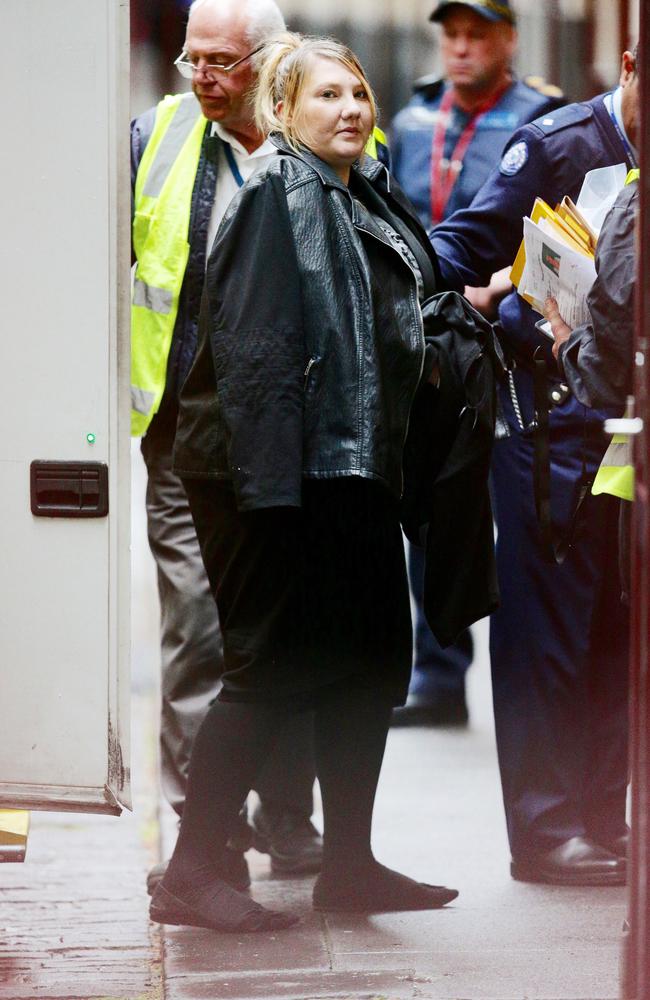
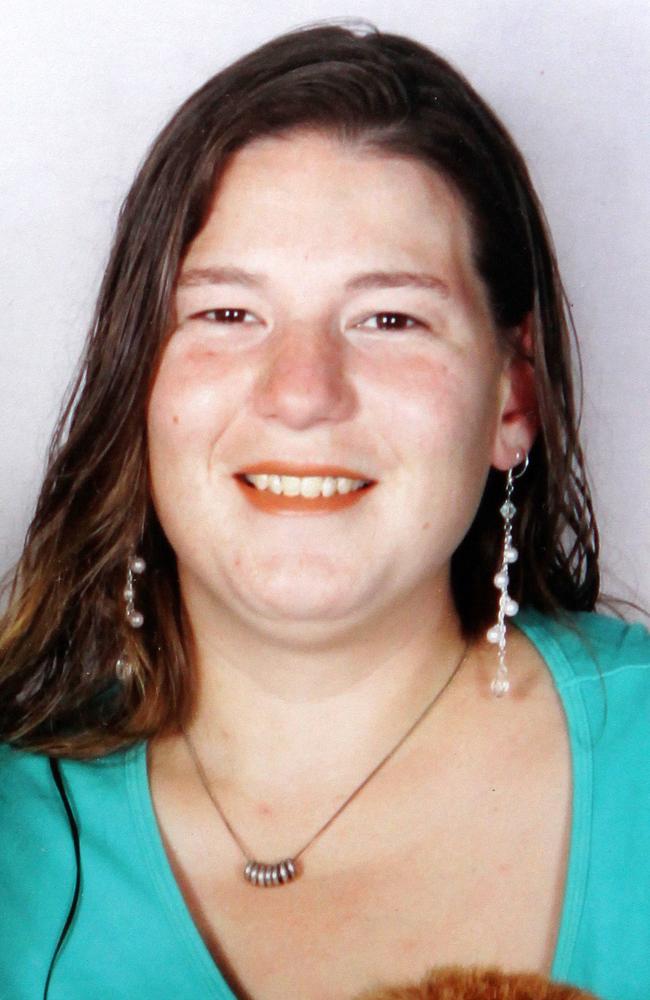
While Mr Barns, who is a Criminal Justice Spokesman for Australian Lawyers Alliance, notes it’s “understandable this is an emotional issue and complex”, he says that being in prison is punishment enough for Schiller, who is now in her mid 30s.
“When a person goes to jail, it is the deprivation of liberty that is the punishment,” he told news.com.au.
“Prisoners do not lose the right to family or medical services available to the community generally.”
He said that to deny a prisoner the right to give birth or to have involvement in the life of their child is to further punish someone and is morally unacceptable.
It’s understood Schiller, who is an inmate at Victoria’s Dame Phyllis Frost Centre, will raise the child in the prison’s mother-child unit until it is five.
After that time, the child would be cared for in the community.
However, speaking to The Herald Sun on Thursday, Kathryn Footner, a lawyer for Schiller’s mother, revealed that her client would not care for the infant if the IVF treatment was successful and her daughter fell pregnant.
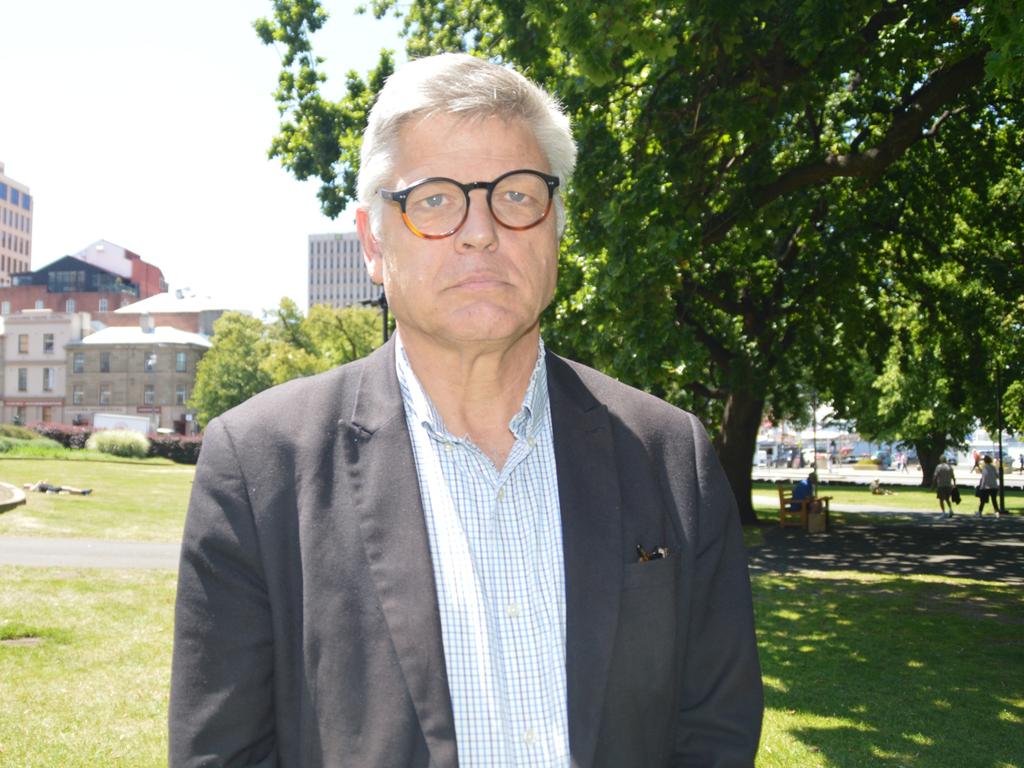
When asked if he thought the convicted murderer would be a responsible mother, Mr Barns said that, “in my experience of dealing with prisoners who have their child with them, if they get support, they can be good parents.”
He also highlights the fact that prisoners who have young children with them rehabilitate better.
“There is evidence to say prisoners need to keep a strong connection to their children – it helps reduce reoffending,” he explained.
Just as importantly, he said that ensuring children can bond with their parents from birth is critical to ensuring their positive development.
If there is “support through a mother-baby unit and independent living for children,” Mr Barns believes it’s “fair” that a child lives their first five years in jail.
“There have been improvements in recent years in many prisons with [these] units.”
He disagrees with the widely held belief that Schiller may be seeking IVF in order to gain better conditions in jail.
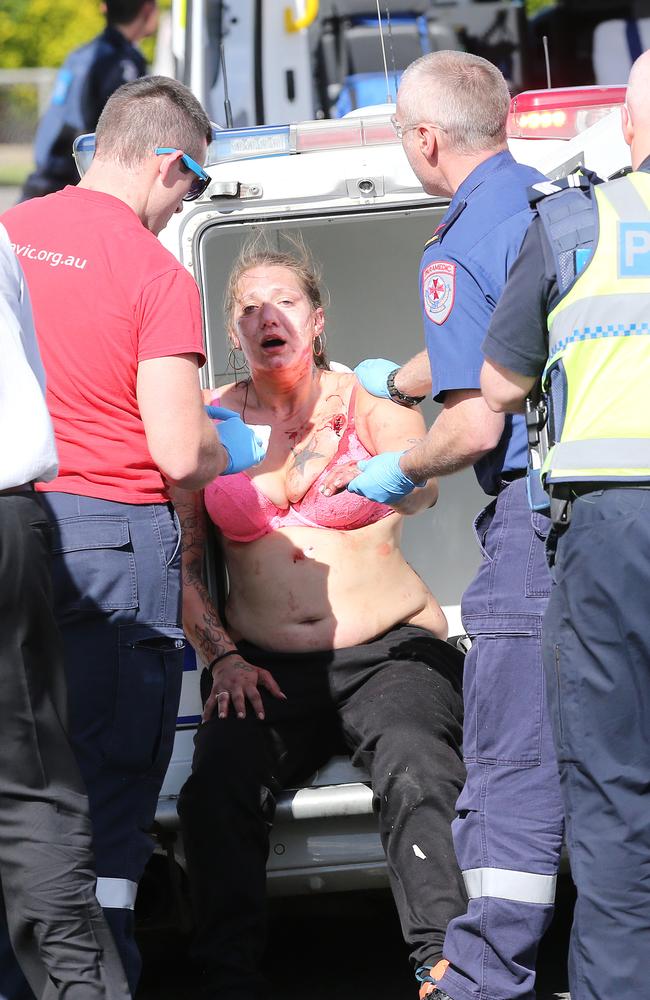
Orphaned son’s disapproval of jailed killer’s IVF attempt
Tobias Evertsen-Mostert, who was 12 when his mother was murdered, a year after he lost his father, told news.com.au that Schiller trying to seek IVF is “a joke”.
“She’s sitting there thinking she can replace a life with a life. It just goes to show how little remorse she has for the situation,” he said.
Mr Evertsen-Mostert, now 22, added: “You are in there for taking the life of three kids’ mother. What gives you that privilege to have a kid? P*ss off.”
He claims he doesn’t care if Schiller had a child once she’s served her time, but believes she is “trying to cut her sentence short and make her time in jail easier.”
“What else does she have left to try? Nothing.”
The youngest of Ms Eversten-Moster’s children, then aged four, was inside their Geelong home at the time of his mum’s violent stabbing.
“He remembers it,” Mr Evertsen-Mostert revealed.
“I wasn’t at the house, I was at my grandmother’s house, but I remember being told. I was left in shock, horror and disbelief. I ran outside and yelled, ‘Why God, why?’
“We were orphans from the whole situation, so I really hope speaking up can make a difference because three boys are growing up without their mother, who missed all their milestones. It’s hard.”
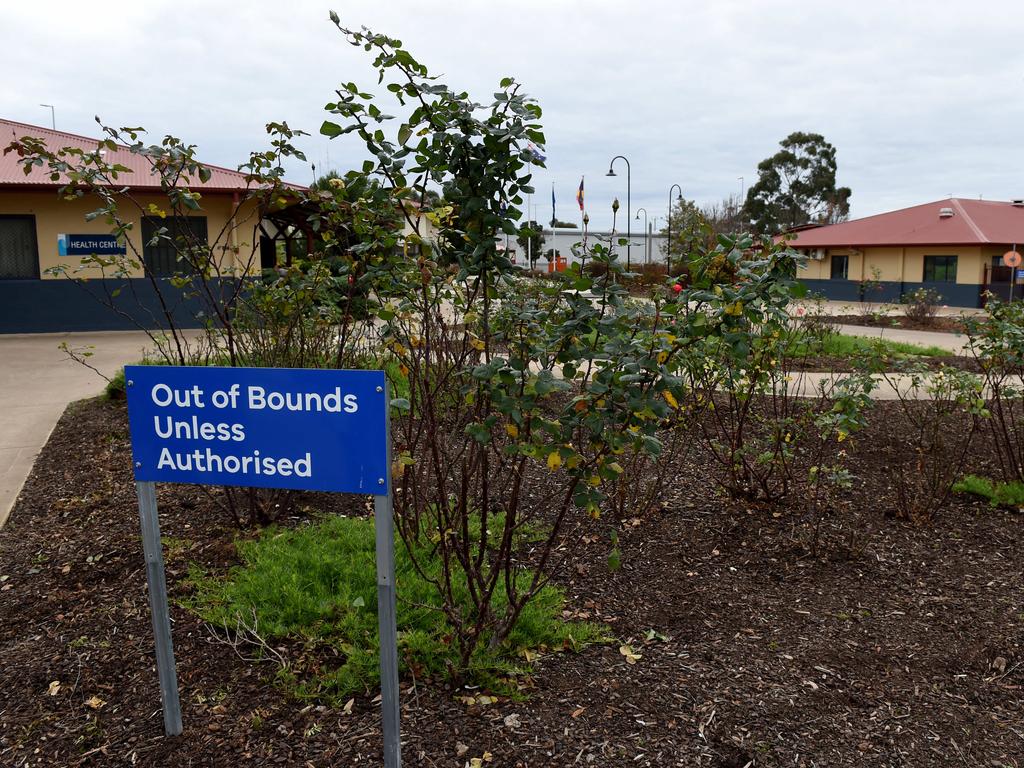
Ms Evertsen-Mostert’s in-laws, Jim and Yvonne Gentle, agreed that the “cold-blooded murderer” has forfeited her rights of being a mother.
“I don’t think that a person that’s been convicted of such a horrific crime as she was convicted of, and did, has those rights,” Ms Gentle told The Project on Wednesday night.
Schiller will be funding the treatment herself and the Victorian Government has confirmed that taxpayers will not be responsible for covering the costs of staffing, security, or transportation needed to travel to the external IVF clinic.
However, they declined to specify whether they would cover the expenses related to raising Schiller’s child behind bars.
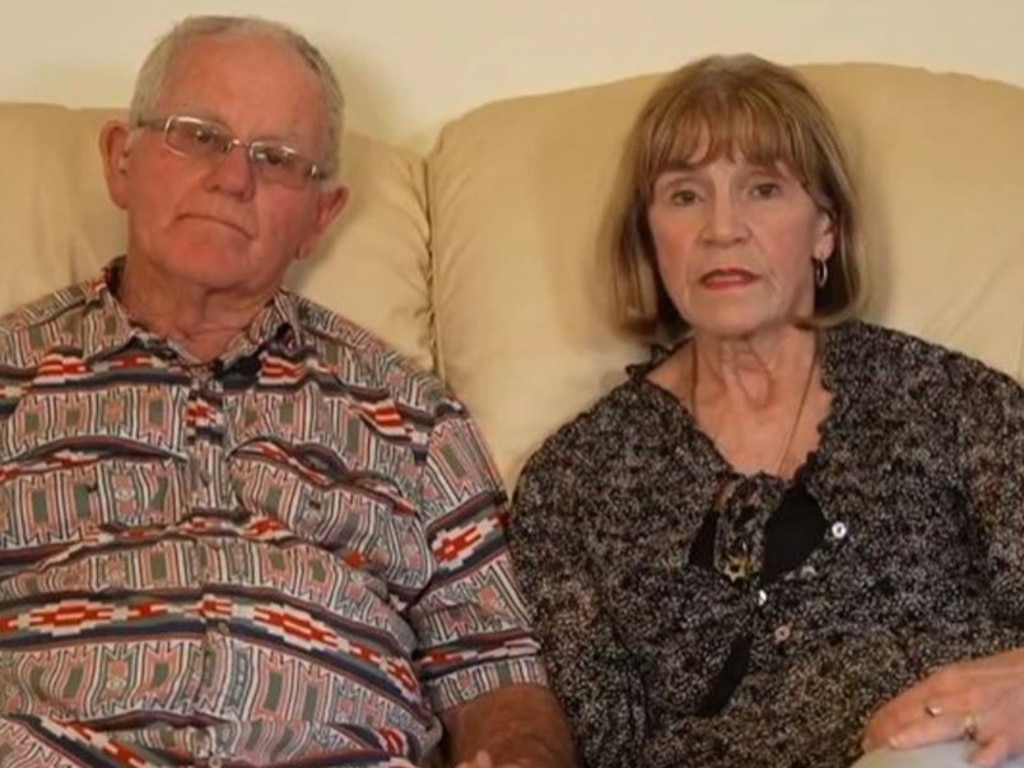
Schiller told fellow inmates that she financed the IVF treatment through the proceeds of a property sale.
She is believed to want a second chance at motherhood after being unable to raise her firstborn child due to her imprisonment.
A 2010 court ruling that granted an inmate the right to undergo IVF is believed to have played a significant role in the current decision to allow the treatment.
In that case, 45-year-old Kimberley Castles successfully argued for her right to continue her fertility treatment, which she had been receiving prior to being jailed.
Her barrister, Debbie Mortimer SC, accused the Department of Justice of breaching its duty of care and violating her client’s human rights by denying her access to IVF.
Castles, a mother of two, was serving an 18-month sentence at the minimum-security Tarrengower Prison in central Victoria for welfare fraud.
Victoria is not the only jurisdiction that has allowed women prisoners to access IVF.
Ireland introduced a scheme last September, enabling prisoners who are eligible for treatment one full cycle of publicly funded IVF.




